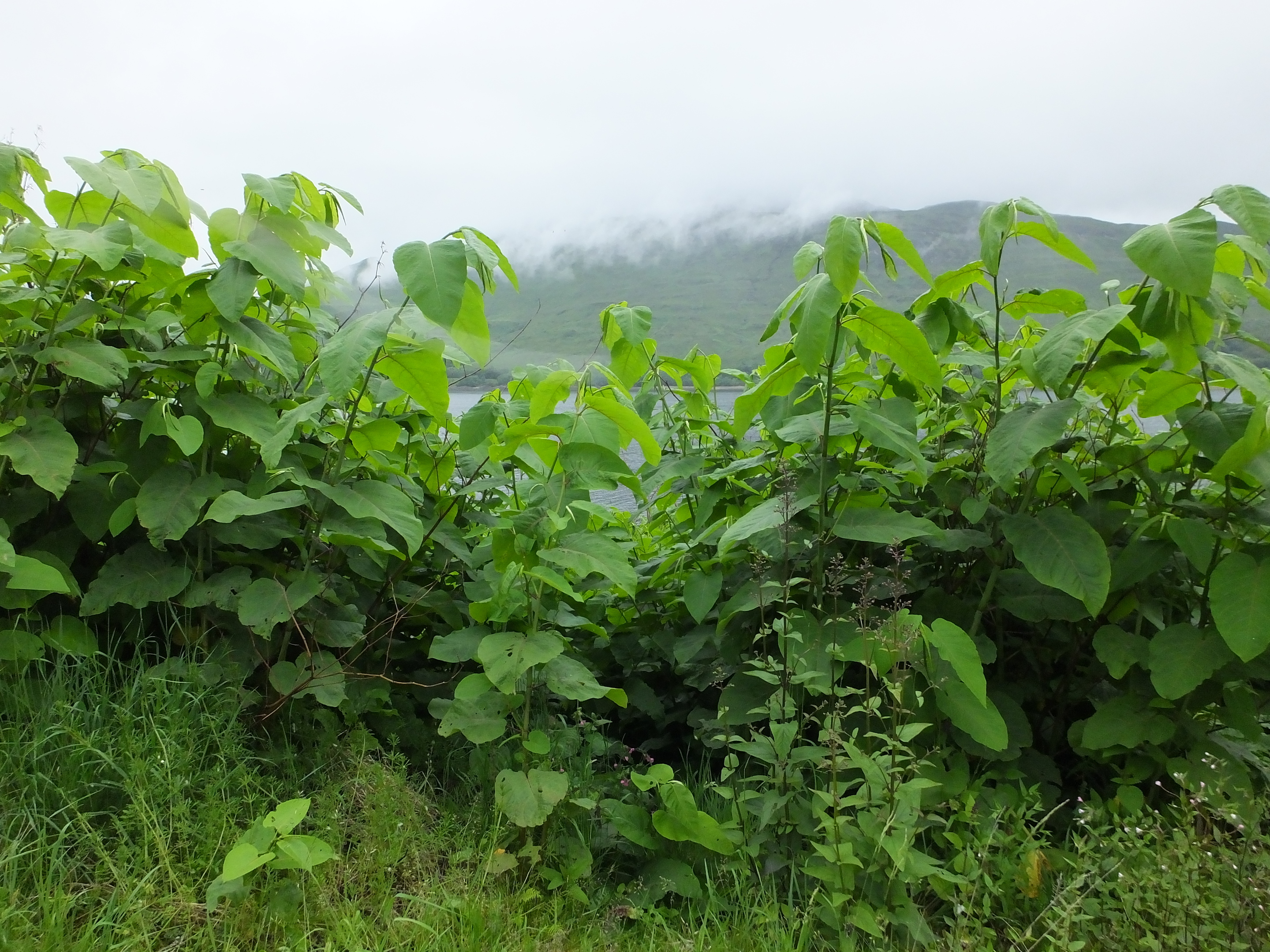Criminals are being called in to stop the spread of an invasive plant along one of the north’s main roads.
Japanese knotweed has spread along the A82 south of Fort William and has blocked views of Loch Linnhe.
Lochaber Fisheries Trust have said that the plant was starting to become “unmanageable” in many areas around Lochaber, with the A82 a particular concern.
Now offenders on community payback orders are being enlisted to stop the spread of the plant in a new partnership between the fisheries trust and the Criminal Justice Service.
With funding from Scottish Natural Heritage and National Lottery Awards for All, offenders have been trained and equipped to kill the knotweed by injecting each stem with weed killer.
This is painstaking specialist work, but by far the quickest and cleanest way to get rid of the weed without affecting other plants.
Cutting the knotweed only makes the problem worse as any part of the stem can regenerate into a whole new plant.
Diane Baum from Lochaber Fisheries Trust said: “We have been working with volunteers trying to control knotweed along the region’s rivers for many years, but the area south of Fort William was just too large and daunting for us to tackle.
“Collaborating with the Criminal Justice Service means we finally have the manpower required to tackle the job, and offenders taking part in the project will gain employment skills and have the opportunity to make a big difference to their local environment.”
The plant is classed as an invasive species and has no natural enemies in Scotland, allowing it to spread unchecked.
Knotweed is so vigorous in its growth that it is even capable of damaging roads and buildings and damages native species of plant.
It is now illegal to plant knotweed in Scotland or spread it through contaminated soil.
